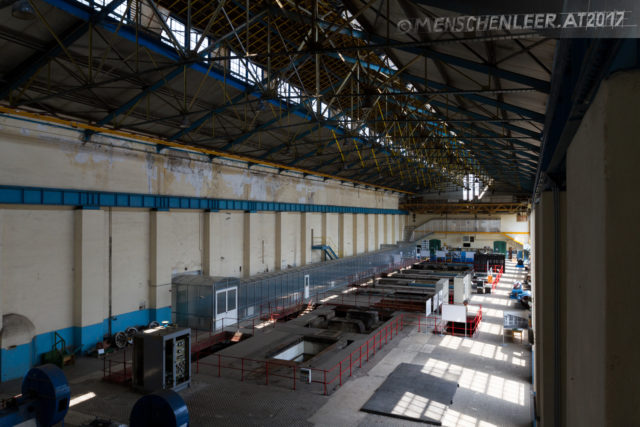Kelenföld Power Station is a prime example of a fusion between public industry and designer architecture.
In 1914, the power plant was built on the outskirts of Budapest. At one time, it was one of the most technologically advanced stations in the world. The plant was created by two Hungarian architects Kálmán Reichl and Virgil Borbíro. These two men were very keen on creating a distinctive appearance for the power plant, despite its strictly industrial purpose.
The power plant has a grand vintage style inside, with many architectural features such as a semi-screw staircase with natural light. However, the main attraction is undoubtedly the control room which is designed in the Art Deco style with an oval glass ceiling.
In the 1930s, Kelenföld power station supplied electricity to the entire capital. The site continued to provide electricity to the city of Budapest until 2007 when the older part of the plant was closed and transferred to private ownership. Despite being privately owned, the plant is still partly operational and provides 4% of the total electrical demand of Hungary.
This building cannot be demolished because it was registered as a protected building in accordance with Hungarian law. However, the law doesn’t require it to be restored, only protected, meaning that it remains in its semi-derelict state.
The current owners sometimes offer unique tours of the building. Visitors get to see the centenary turbines and the very famous control room with dusty dials, sensors, and buttons, as well as some equipment that isn’t damaged.
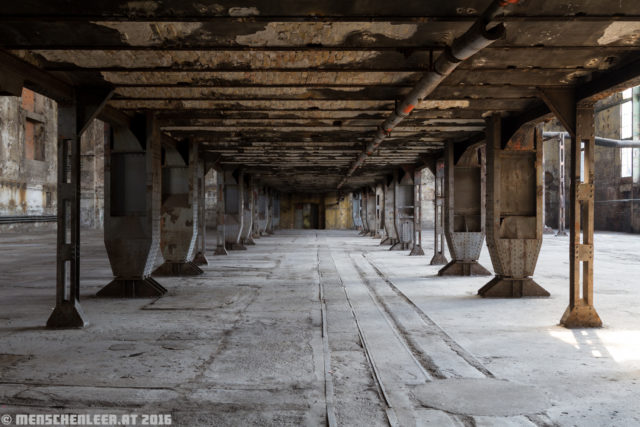
Art-Deco
Tours of the Kelenföld power station are periodically conducted by Miénk a Ház with a non-permanent schedule. These tours are conducted exclusively in Hungarian, but English-speaking visitors are provided with a printout containing information about the building and its history.
In addition to being a tourist spot and a protected industrial treasure, the plant also attracts various location scouts. The control room was used as a setting in the film Chernobyl Diaries; it was transformed into the Chernobyl nuclear power plant. Some scenes from the movies Zombie Apocalypse and World War Z starring Brad Pitt were filmed at this power plant.
More recently, in 2018, the thriller Terminal was filmed here, starring Margot Robbie. Progressive Productions also shot a promotional video for the Houdini mini-series, in which Adrian Brody has the lead role. Please out more amazing work from Chris at www.menschenleer.at
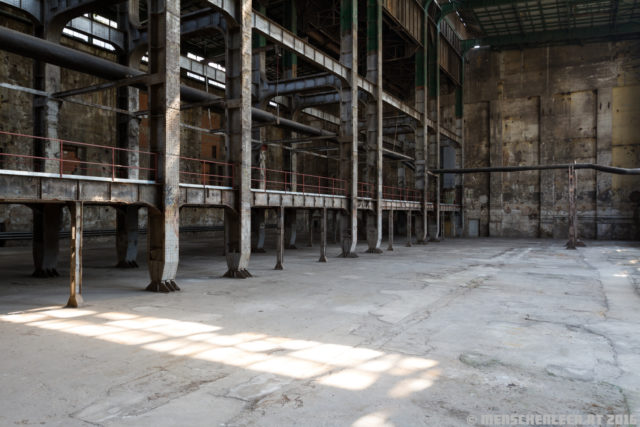
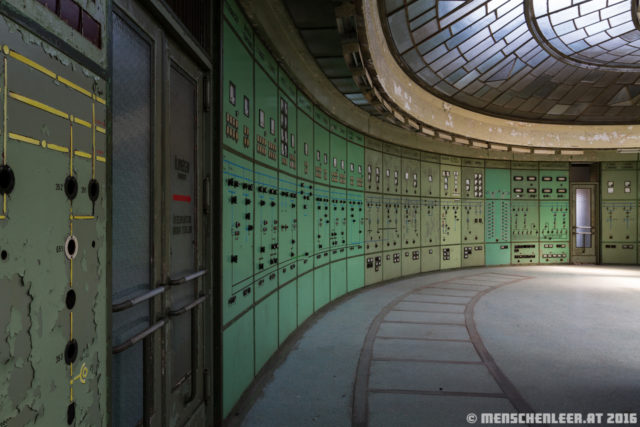
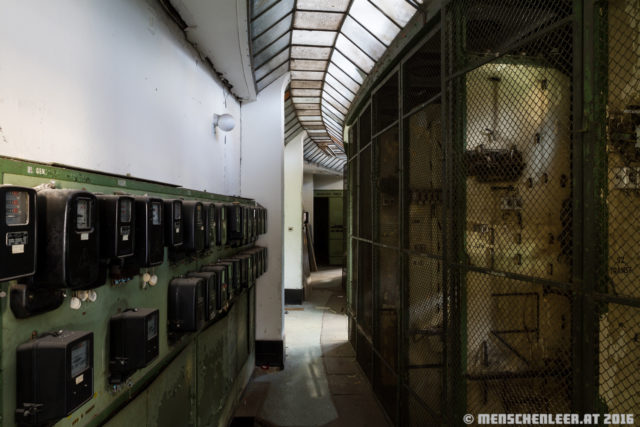
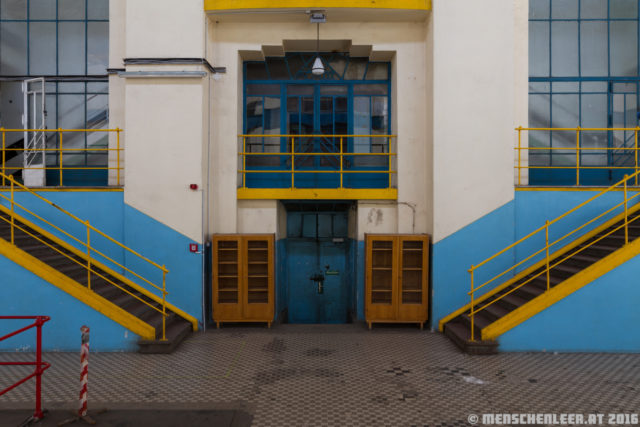
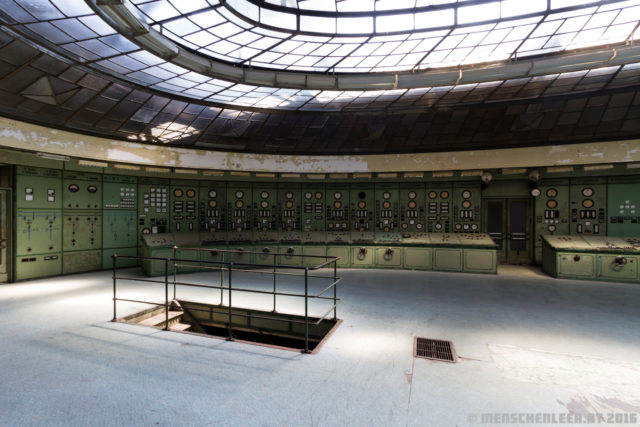
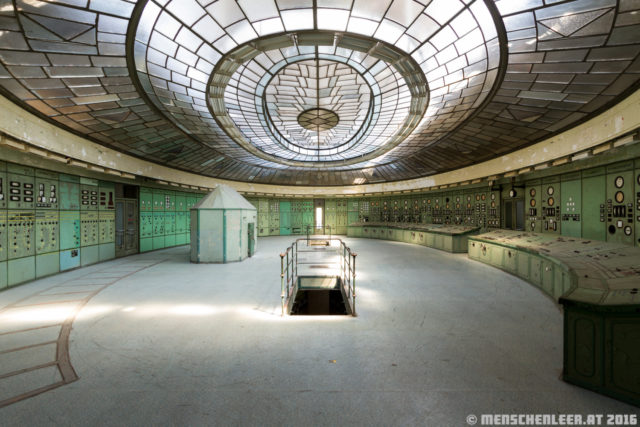
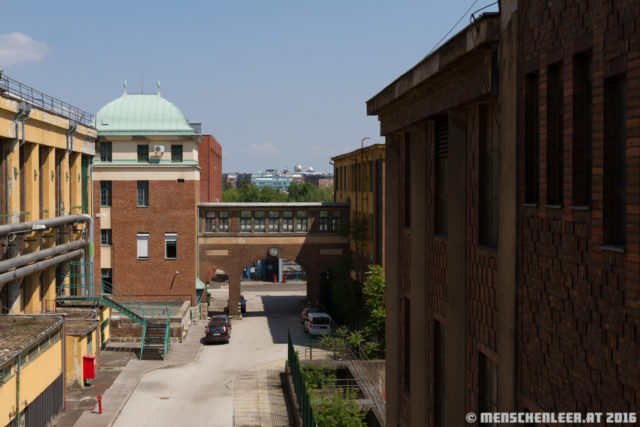
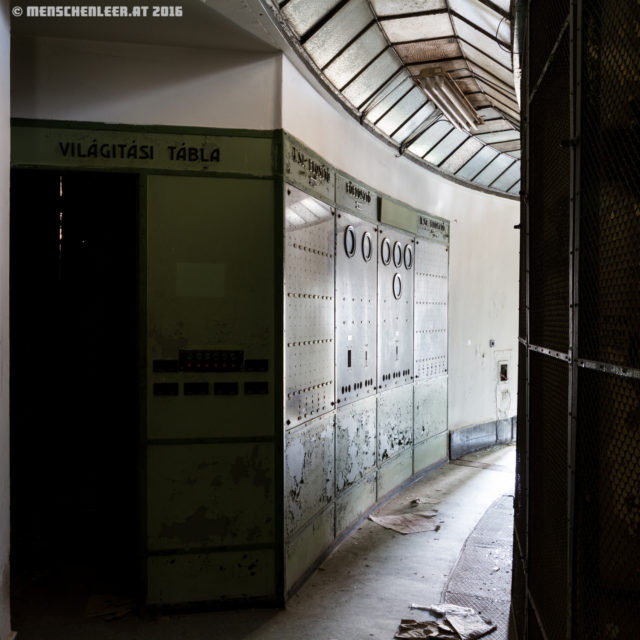
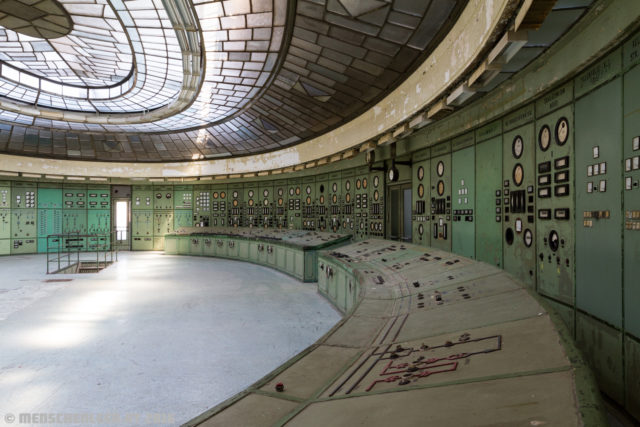
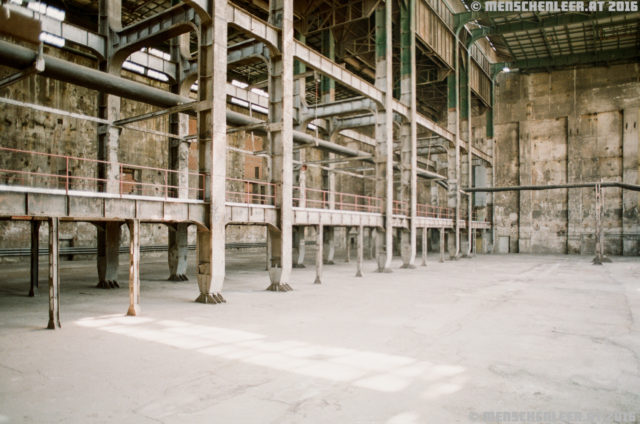
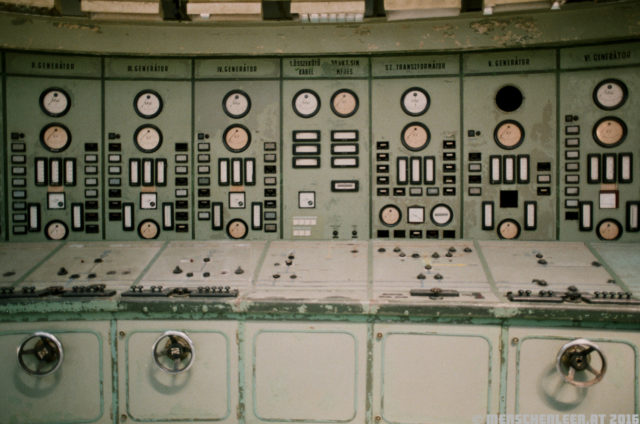
Another Article From Us Abandoned hotel in Croatian Resort Kupari
